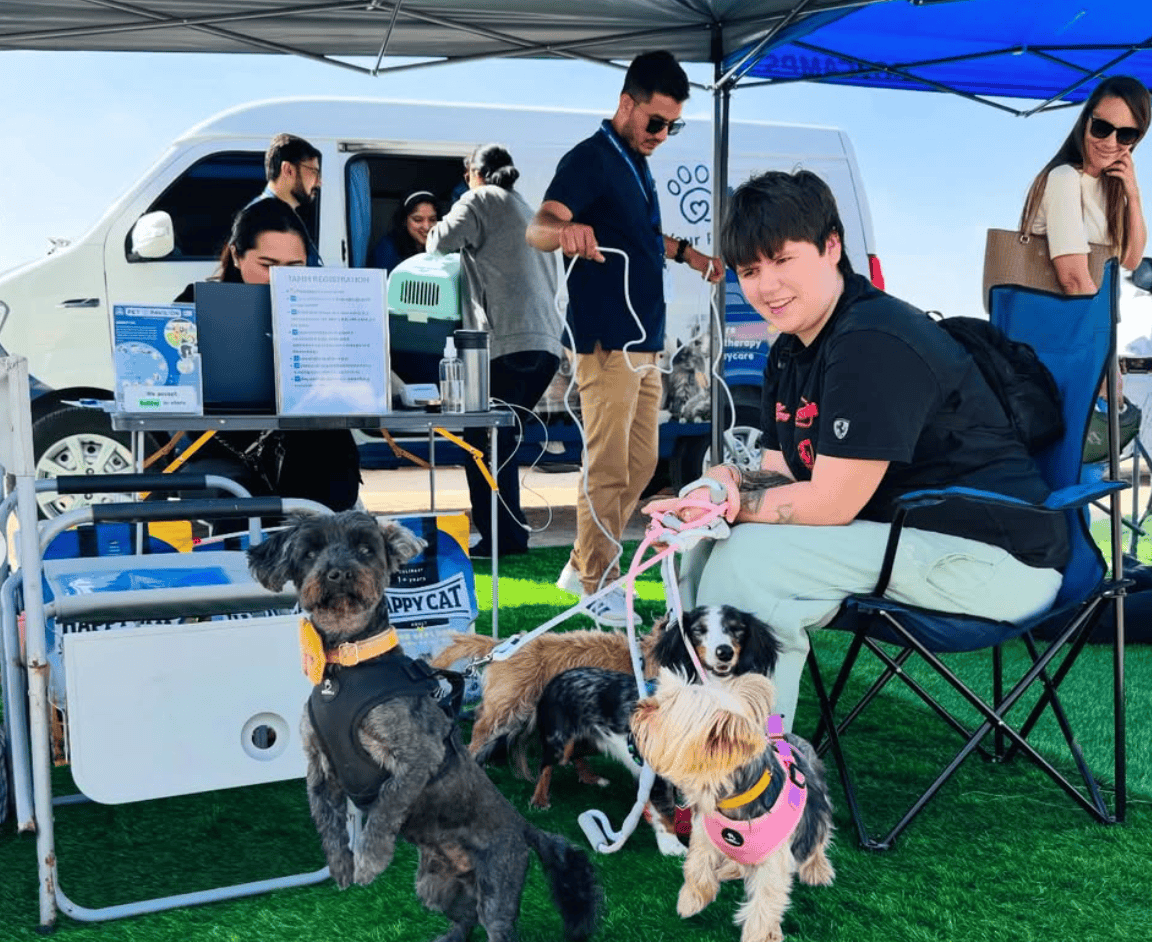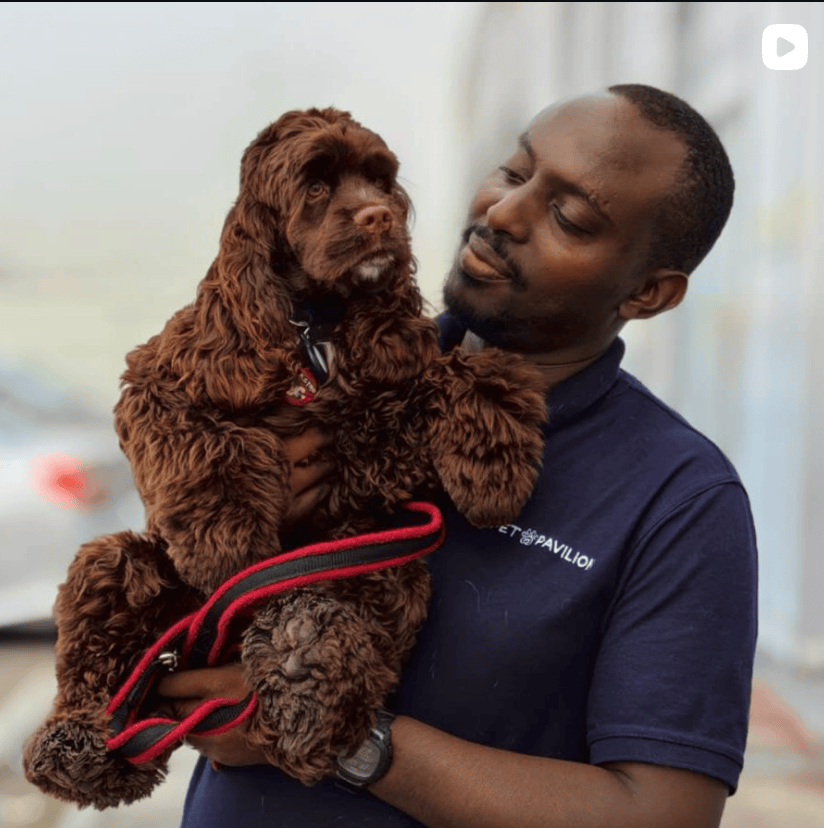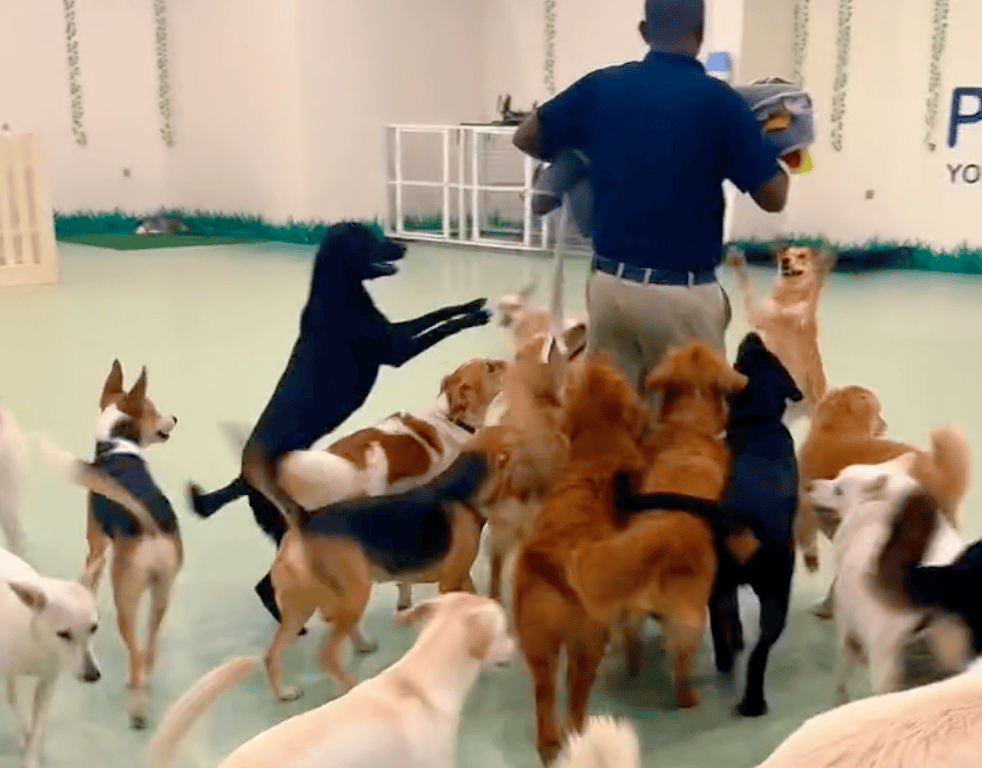5 Frighteningly Common Reasons Dogs Run Away

If you’re curious about common reasons why dogs run away, you should do your research to prevent any mishaps from occurring.
Losing a pet due to your negligence can be traumatizing, so it makes sense to understand beforehand why dogs run away.
Understanding the causes puts you in a better position to take care of your furry friend.
Those who are not prepared to put in effort to care properly for their dogs should probably avoid getting one since they can be a handful.
Let’s explore 5 common reasons why dogs run away.
Lack of Exercise and Stimulation
Dogs' need for physical activity and mental stimulation
Dogs are inherently active creatures, bred for various tasks such as hunting, herding, and guarding. As such, they have a natural inclination towards physical activity and mental engagement. Regular exercise not only keeps their bodies fit but also satisfies their instinctual need to move and explore. Similarly, mental stimulation is vital for their overall well-being, helping to prevent boredom and depression.
Consequences of Insufficient Exercise
When dogs don't receive enough exercise, the repercussions can be profound. Physical health issues such as obesity, joint problems, and cardiovascular diseases can arise. Also, the lack of activity often leads to behavioral problems such as excessive barking, destructive chewing, and aggression. Dogs may become restless and anxious, seeking outlets for their pent-up energy in undesirable ways.
Examples and Statistics
Dogs often run away due to insufficient exercise.
For instance, a dog left alone in the backyard for extended periods may attempt to escape in search of stimulation and companionship.
Similarly, indoor dogs deprived of regular walks and playtime may become frustrated and bolt out the door at the first opportunity.
Statistics from organizations like the American Society for the Prevention of Cruelty to Animals (ASPCA) indicate that a significant proportion of lost dogs are attributed to a lack of exercise and mental stimulation.
Addressing these needs proactively can significantly reduce the likelihood of dogs running away and enhance their overall quality of life.

Fear and Anxiety
Causes of Fear and Anxiety in Dogs
Fear and anxiety in dogs can stem from various sources, including past traumatic experiences, lack of socialization, genetic predispositions, and environmental factors such as loud noises or unfamiliar surroundings.
Changes in routine, separation from their owners, or the presence of other animals can also trigger fear and anxiety in dogs.
Signs of Fear and Anxiety
Signs of fear and anxiety in dogs can manifest in several ways, including trembling, panting, pacing, drooling, hiding, excessive barking, or whining.
Dogs may also display destructive behaviors, such as chewing furniture or digging, as coping mechanisms for their stress.
Some dogs run away after becoming aggressive or attempting to escape when confronted with situations that trigger their fear or anxiety.
How Fear and Anxiety Lead to Running Away
When dogs experience fear and anxiety, their natural response is to seek safety and relief from the perceived threat.
In some cases, this instinctual response may lead them to attempt to escape from the source of their distress. Whether it's loud noises like fireworks or thunderstorms, unfamiliar environments, or interactions with other animals, dogs may flee in an attempt to avoid or alleviate their fear and anxiety.
Consequently, fear and anxiety can significantly increase the risk of dogs running away, especially if they perceive escape as their only means of finding safety or comfort.
Boredom and Loneliness
Effects of Boredom and Loneliness
Boredom and loneliness can have detrimental effects on a dog's mental and emotional well-being.
Dogs are social animals that thrive on companionship and interaction, so when left alone for extended periods, they can experience feelings of isolation and sadness.
Boredom and loneliness can lead to stress, depression, and even physical health issues in dogs.
Behaviors Exhibited
Boredom and loneliness often manifest in various behaviors exhibited by dogs.
These may include excessive barking or whining, destructive chewing or digging, pacing, restlessness, and decreased appetite.
Some dogs may also become lethargic or withdrawn, exhibiting a lack of interest in activities they once enjoyed.
Escaping as a Coping Mechanism
For some dogs, escaping becomes a coping mechanism for dealing with boredom and loneliness.
When left alone for extended periods without adequate mental stimulation or social interaction, dogs may seek ways to alleviate their distress.
Escaping provides temporary relief from feelings of confinement and isolation, allowing dogs to explore their surroundings and potentially find companionship or stimulation elsewhere.
However, escaping poses significant risks to dogs' safety, as they may encounter traffic, wildlife, or other hazards while on the loose.
Lack of Training and Socialization
Importance of Training and Socialization
Training and socialization are essential aspects of responsible dog ownership.
Training helps dogs learn obedience commands, appropriate behaviors, and how to interact positively with humans and other animals.
Socialization exposes dogs to various environments, people, and experiences from a young age, helping them develop confidence and adaptability.
Behavioral Issues
Behavioral issues are common reasons why dogs run away. Without proper training and socialization, dogs may develop behavioral issues that can negatively impact their quality of life and their owners' experience.
These issues may include aggression, fearfulness, excessive barking, destructive behaviors, and difficulty responding to commands.
Additionally, untrained dogs may struggle to communicate effectively with their owners, leading to frustration and strained relationships.
How Untrained Dogs Are More Likely to Run Away
Without proper training, dogs may not reliably come when called or stay within boundaries, increasing the risk of escape.
Additionally, untrained dogs may exhibit behaviors such as chasing wildlife or other dogs, putting them in dangerous situations outside of their owner's control.
By investing in training and socialization, dog owners can reduce the likelihood of their pets running away and enhance their overall well-being.
Lack of Supervision and Neglect
Importance of Supervision and Attentiveness
Supervision and attentiveness are crucial aspects of responsible dog ownership. Dogs require vigilant oversight to ensure their safety, well-being, and proper behavior.
Owners must actively monitor their dogs, especially in potentially hazardous environments or situations, to prevent accidents, injuries, or unwanted behaviors.
Risks of Leaving Dogs Unsupervised
Leaving dogs unsupervised exposes them to various risks and dangers. They may encounter toxic substances, dangerous objects, or hazards such as open bodies of water or busy roads.
Also, unsupervised dogs are more vulnerable to accidents, fights with other animals, or getting lost.
Without supervision, dogs may engage in destructive behaviors, escape confinement, or exhibit aggression towards humans or other animals.
How Neglect Contributes to Dogs Running Away
When left alone for long periods without interaction or oversight, dogs may feel neglected or abandoned, prompting them to seek companionship elsewhere.
Furthermore, neglecting a dog's physical and emotional needs, such as food, water, exercise, and affection, can lead to feelings of frustration, anxiety, and discontent, increasing the likelihood of escape attempts in search of fulfillment or relief.
Final Verdict
Pet owners have a responsibility to give their dogs the attention and care they need to be happy.
It is surprisingly common for dogs to run away, so you should strive to look after your pets in an appropriate manner without neglecting their needs.


Schedule your appointment today
Book My Appointment







